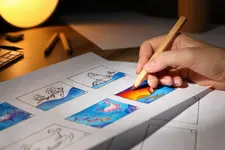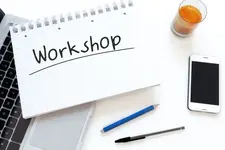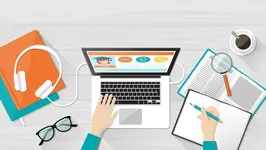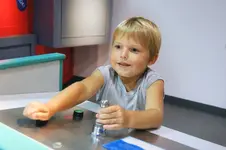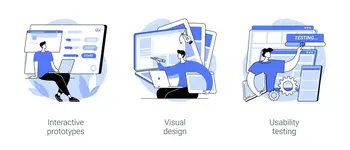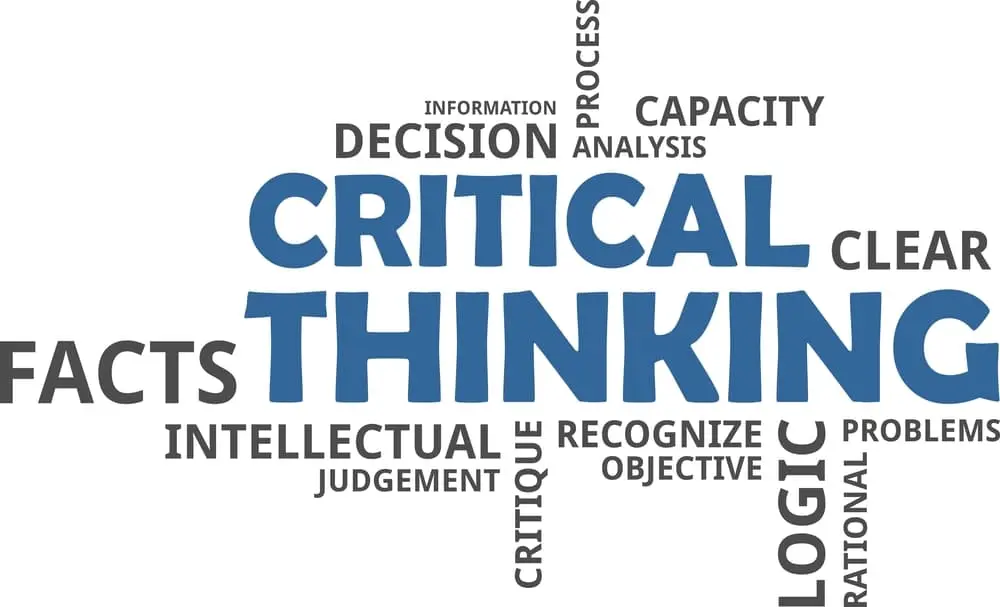
Table of contents
Quizzes help people learn to think better and make good problem solving decisions. You can improve critical thinking with quizzes. They do this by asking people to analyze information, evaluate evidence, and choose the best answer. A study by Roediger and Karpicke (2006) found that students who took quizzes regularly were better able to remember information over time. They were also better able to apply that information to new situations.
The Importance of Quizzes in Education

1. Encouraging Active Participation
Quizzes make students learn by doing. When students answer questions and solve problems, they pay more attention and remember more. This active involvement helps students take ownership of their learning.
2. Reinforcing Learning
Quizzes help students review what they learned in class. When students revisit the topics through quizzes, they understand the material better and remember it longer. This practice is important for remembering things for a long time.
3. Assessing Progress and Identifying Weaknesses
Quizzes help teachers see how well students are doing. Teachers can see which students are doing well and which students need help. This feedback helps teachers teach students better.
4. Building Confidence
When students answer quiz questions correctly, they feel good about themselves. This positive reinforcement helps students feel more confident in their abilities. This confidence makes students more willing to try new things and take risks.
5. Fostering Critical Thinking and Problem-Solving Skills
Well-designed quizzes can help students think critically and solve problems. By presenting different scenarios and questions that require careful thinking, quizzes help students develop their critical thinking and problem-solving skills. These skills are important for school and for life.
6. Enhancing Time Management
Quizzes help students learn to manage their time well. When students have to answer questions within a certain amount of time, they learn to work quickly and efficiently. This time management skill is important for school and for work.
Critical Thinking Components

(a) Analysis
Critical thinking is when you think carefully about something. You break down big ideas into smaller parts to understand them better. For example, if you have to make a decision, you should think about the possible consequences, benefits, and drawbacks of each option. The Stanford Encyclopedia of Philosophy says that critical thinking is “careful thinking directed to a goal.” Quizzes are a good way to practice critical thinking because they give you situations to think about and solve.
(b) Synthesis
Synthesis is a part of critical thinking that means putting things together to make something new. You need to be creative and be able to connect ideas that seem different. Quizzes can help you learn how to synthesize by asking questions that make you think about things in new ways.
(c) Evaluation
It is important to evaluate information before you believe it. GCFGlobal has educational content that teaches you how to think critically. Their quizzes help you practice evaluating information by asking you to decide if statements or problems are correct or not.
Decision-Making Process

Problem Identification: To improve your critical thinking and decision-making skills, you need to first know what the problem is. This means understanding the issue and clearly defining it. For example, you might need to decide which study technique is best for you, or which extracurricular activity to join. Once you know what the problem is, you can start to think about how to solve it.
Alternatives Generation: Once you know what the problem is, you need to think of different ways to solve it. This is called brainstorming. You should think of many different solutions, even if they seem silly at first. Think about what each solution would do and how it would affect you. The most important thing is to be open-minded and explore all of your options.
Choice: When you have to make a decision, think of all the different choices you have. Then, weigh the pros and cons of each choice to see which one is best for you. For example, if you want to be active and make new friends, joining a sports team might be a good choice. But if you’re not into sports, there are other things you could do, like joining a club or taking a class. The most important thing is to be
objective and rational
when you make your decision.
Implementation: Now, it’s time to make your decision real. After you pick the best choice, make a plan to carry it out and get what you want. For example, if you want to join a sports team, find out when tryouts are, what gear you need, and how to get ready. Keep an eye on your plan and make changes if needed .
Designing Effective Quizzes

Types of Questions: Quizzes can help students learn, but they can be even more effective if they ask different types of questions. Closed-ended questions, like “What is the capital of France?”, test students’ knowledge. Open-ended questions, like “How have historical events influenced the culture of France?”, encourage students to think more deeply about the subject matter. By asking both closed-ended and
open-ended questions
, quizzes can help students learn more and think more critically.
Levels of Complexity: To make sure your quiz tests students’ thinking skills, you need to
ask different kinds of questions
. Some questions should be easy, so students can show what they know. But you should also ask some hard questions, so students have to think about the material more deeply. For example, instead of asking students to define a term, you could ask them to explain how the term is used in a real-world situation.
Feedback Mechanisms: Quizzes should be well-made with clear, helpful, and quick feedback. Tell kids right away if their answers are right or wrong. Use a mix of question types, levels of difficulty, and feedback to keep kids engaged and help them learn to solve problems.
Measuring Improvement in Critical Thinking and Decision-Making
Pre and Post-Quizzes Comparisons: To see if quizzes help you think better, take a quiz before and after you do some skill-building activities. This will show you how much your skills have improved. For example, if you get 60% on the first quiz and 85% on the second quiz, then you have improved your
critical thinking skills
.
Rubrics and Evaluation Tools: Rubrics and assessment tools offer a structured approach to gauge your growth in critical thinking and decision-making, dividing them into categories like analysis, evaluation, and inference. By self-assessing each criterion, you can monitor your progress in these specific areas. Examples of popular evaluation tools include the
Rubric for Assessing Student Reasoning Abilities
and the
Cambridge Critical Thinking Test
.
Long-Term Benefits: Measuring the long-term benefits of quizzes on critical thinking and decision-making involves tracking progress over time through periodic assessments like quizzes or critical thinking exercises every few months or annually. Recording your development allows you to observe how your skills improve over time. Additionally, pay attention to real-life situations where you apply critical thinking and decision-making skills, such as at work or when problem-solving.
Integrating Quizzes into Various Learning Environments

In-Person Sessions: Quizzes are a good way to check what students know and learn new things. At the beginning of class, you can give a quiz to see what students already know about the topic. This will help you plan your lesson so that everyone is learning at the same level. During class, you can give short quizzes to help students remember what they have learned. This will help them learn in small steps and stay engaged.
Research
shows that this type of assessment can help students learn better.
Online Sessions: Quizzes are important for learning. They help us think and make decisions. In online classes, we can use e-learning platforms to make quizzes. These platforms can grade quizzes automatically and give us feedback quickly. This makes it easy to track our progress. A
study
found that using IT in teaching and learning can help us learn better.
Blended Learning: Blended learning, combining in-person and online instruction, provides an ideal way to integrate quizzes into your learning environment. They can be used flexibly in both formats - online quizzes for pre-class assessments and in-person quizzes for stimulating group discussions and collaborative problem-solving. Effective implementation requires proper planning, aiming to actively engage students and promote critical thinking skills. By incorporating quizzes into diverse learning environments, you can enhance students’ critical thinking and decision-making abilities, creating a more effective and enjoyable learning experience.
Conclusion
Quizzes are more than just assessment tools; they can be transformative in boosting critical thinking and decision-making skills. By engaging actively with quizzes, learners develop analytical thinking, problem-solving abilities, and the capacity to make informed choices under pressure. As a result, they become better-equipped individuals ready to face the challenges of the modern world with confidence and clarity. Incorporating quizzes into educational and professional settings can lead to a more thoughtfully adept and resourceful society.






